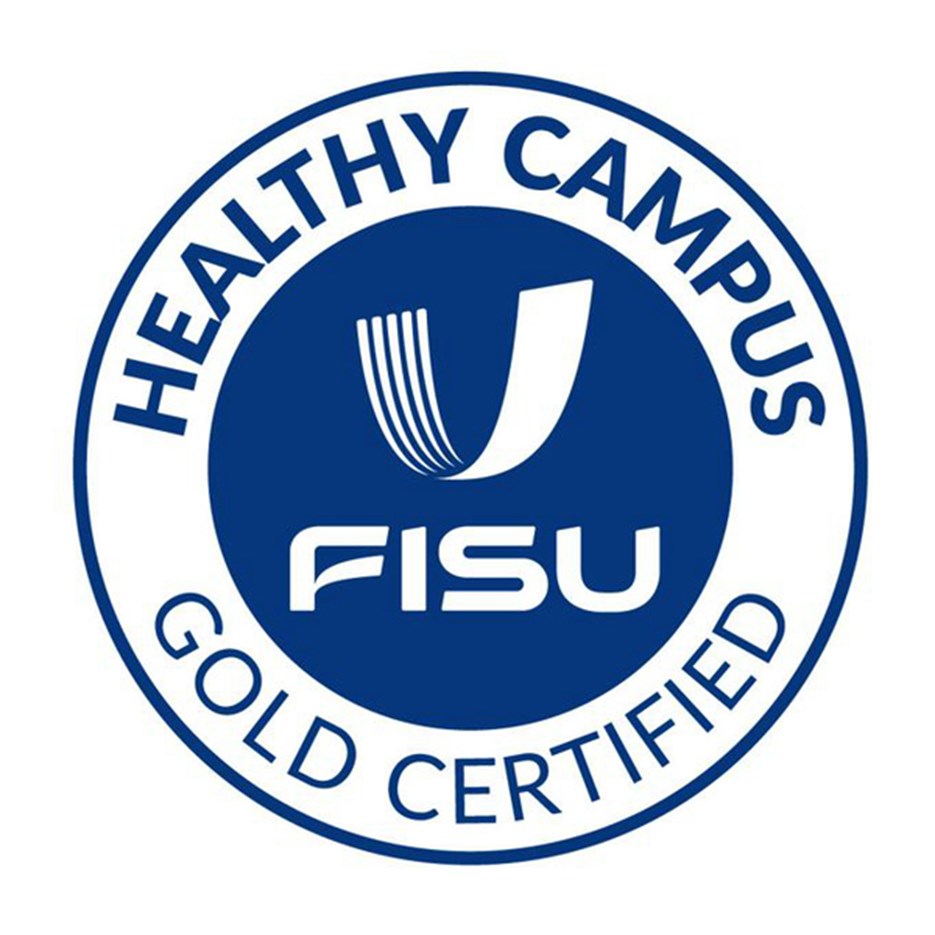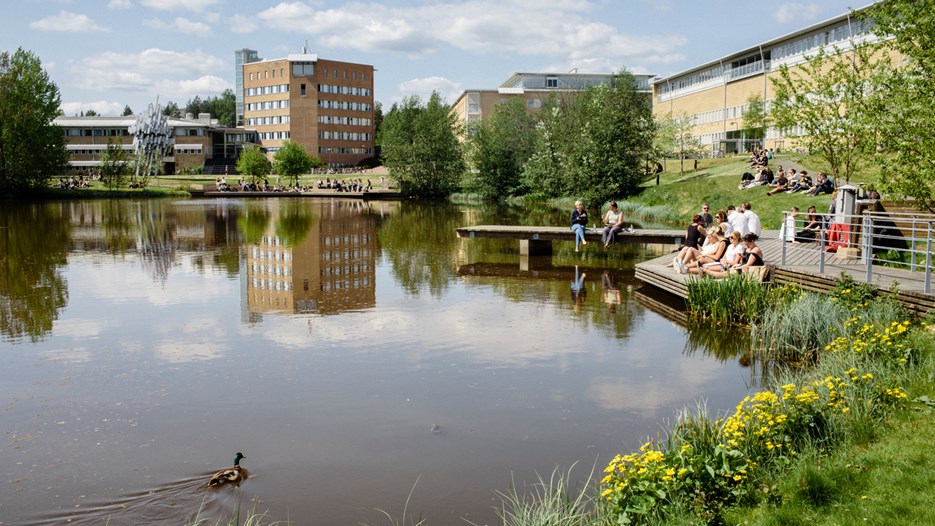FISU and Healthy Campus
FISU is an international member organisation that aims to expand the role and reach of university sports around the world. In Sweden, the Swedish Academic Sports Federation (SAIF) is an associate member.
In 2020, FISU launched the Healthy Campus programme as an initiative to promote and create conditions for health and well-being on campuses worldwide. The initiative supports higher education institutions in integrating health into the campus culture and contribute to a socially sustainable campus. The programme has been developed within the framework of Agenda 2030 and SDG 3 Good health and Well-being.
Read more: Healthy Campus





